Laboratory Analyzers: Precision and Reliability in Sample Processing
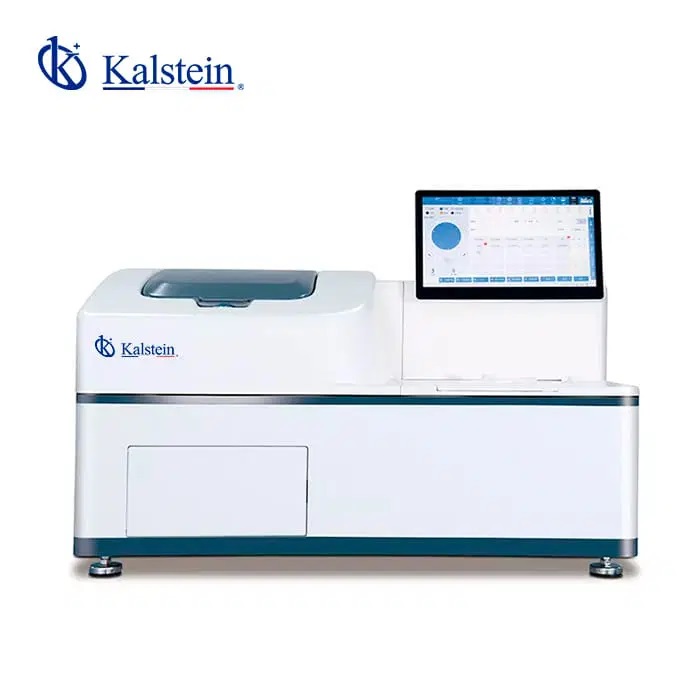
Laboratory analyzers are essential for obtaining fast and accurate results across various scientific disciplines. As someone who has had the opportunity to work with different equipment over the years, I can assure you that advancements in analyzer technology have revolutionized the way we process samples, significantly improving precision and reducing analysis times.
Veterinary Oxygen Concentrator: Advanced Respiratory Support in Intensive Care
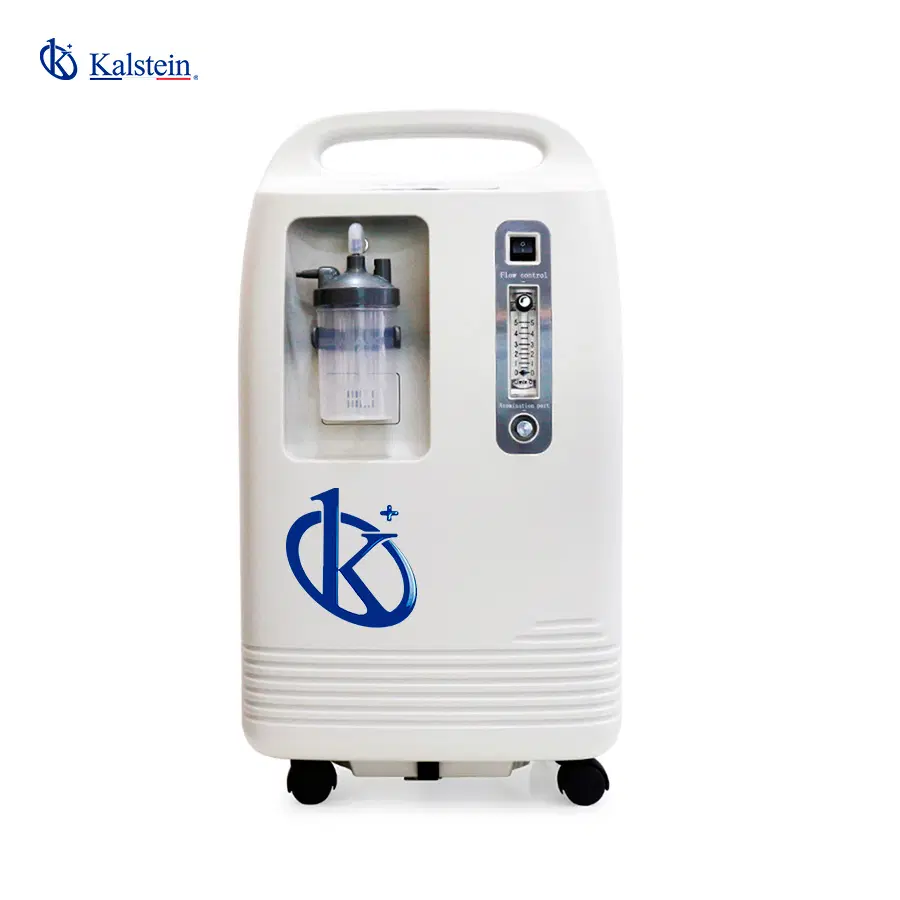
Veterinary intensive care has seen great advancements in medical technology, improving the quality of life for animals. Among these advancements, the veterinary oxygen concentrator stands out as an essential tool in treating patients with respiratory issues, providing a constant supply of oxygen when the animal needs it most. This article explores in depth the features, benefits, and applications of veterinary oxygen concentrators, especially those manufactured by KALSTEIN, and how they compare to similar products in the market.
Veterinary Centrifuge: Efficient Sample Separation for Clinical Analysis
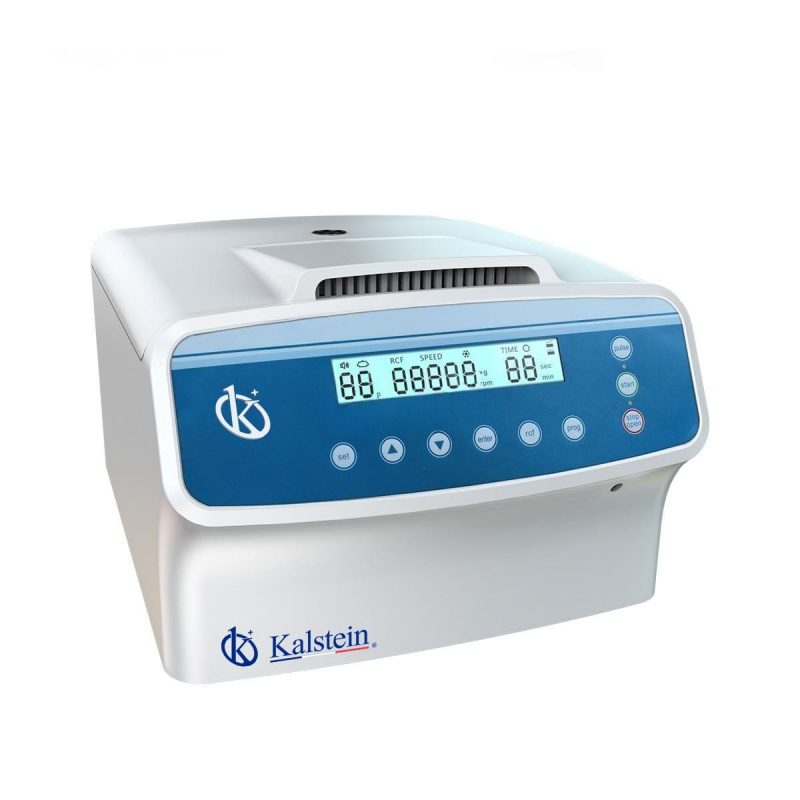
Centrifugation is an essential technique in modern veterinary laboratories. Through the use of a Veterinary Centrifuge, efficient separation of different components in a sample, such as blood, urine, or tissues, can be achieved for subsequent clinical analysis. In my experience, having a quality centrifuge makes a significant difference in the results of studies, allowing for faster and more accurate diagnoses. Below, I will detail how veterinary centrifuges have evolved and why they are indispensable for any veterinary clinic or laboratory.
Veterinary Surgical Equipment: Precision Technology for Complex Surgeries
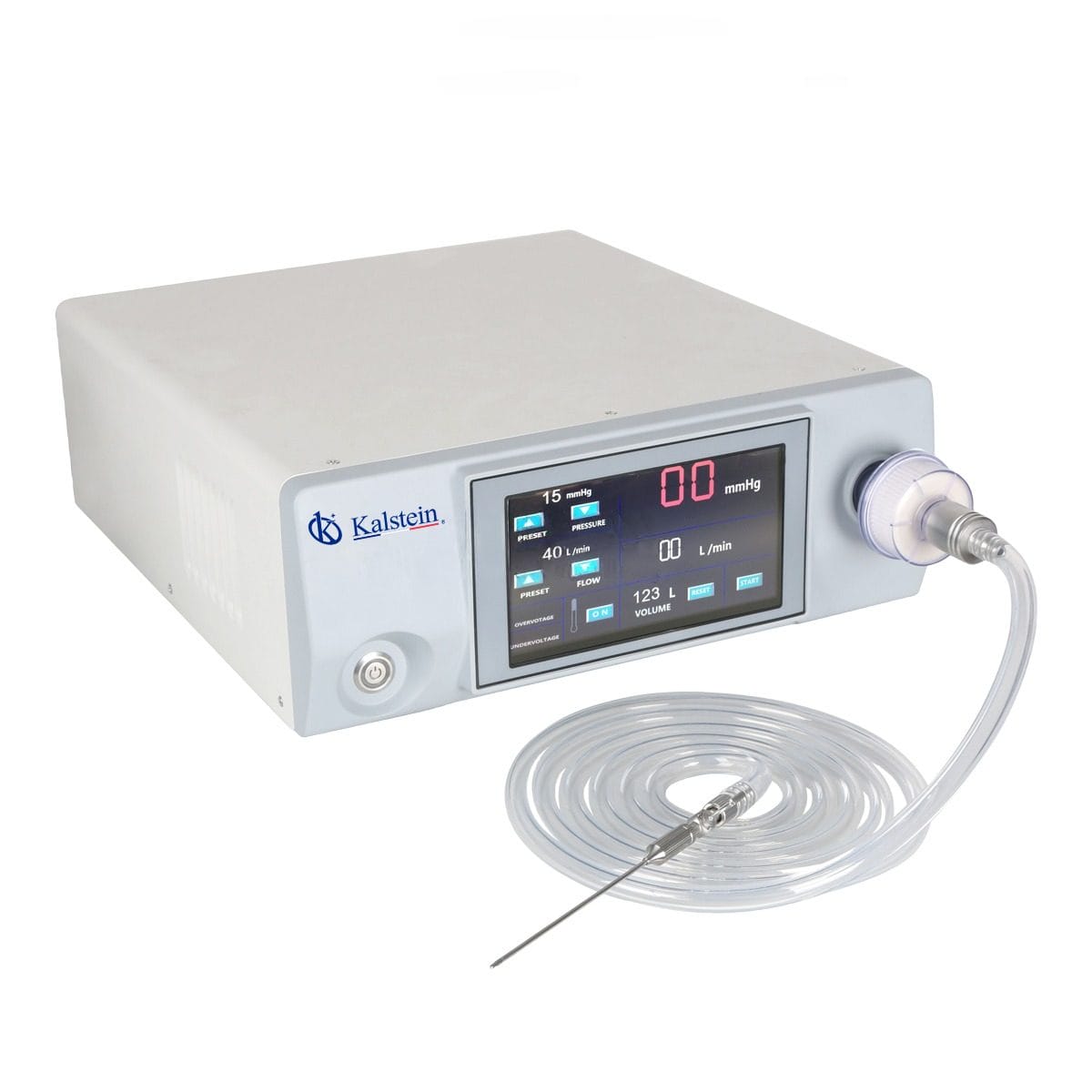
Veterinary medicine has advanced significantly in recent years, and veterinary surgical equipment has played a crucial role in this progress. With the increase in complex surgical interventions for animals, the precision and quality of the equipment used have become essential to ensure successful procedures. In this article, we will explore the different types of veterinary surgical equipment available in the market, focusing on the options offered by KALSTEIN, and how they compare to other leading brands in the industry.
Child Wheelchair: Comfort and Safety for the Little Ones

Child wheelchairs are an essential resource for children who need assisted mobility due to various medical conditions. As someone who has closely witnessed the use of these chairs, I can confidently say that choosing the right child wheelchair can significantly improve the quality of life for children and ease the daily routines of their families.
Sports Wheelchair: Performance and Agility in Competitions

In the world of adapted sports, having the right equipment is key to achieving maximum performance. Sports wheelchairs not only allow athletes to move with agility but also provide the necessary safety and control to face high-level competitions.
Standing Wheelchair: Mobility and Autonomy with Ergonomic Design

The standing wheelchair has revolutionized how people with limited mobility interact with their surroundings, offering an ideal blend of mobility and autonomy. This innovation not only allows users to move around easily but also gives them the ability to stand whenever they want, which brings multiple benefits to their physical and emotional health.
Veterinary Lamps: Efficient Lighting for Precision Surgical Procedures
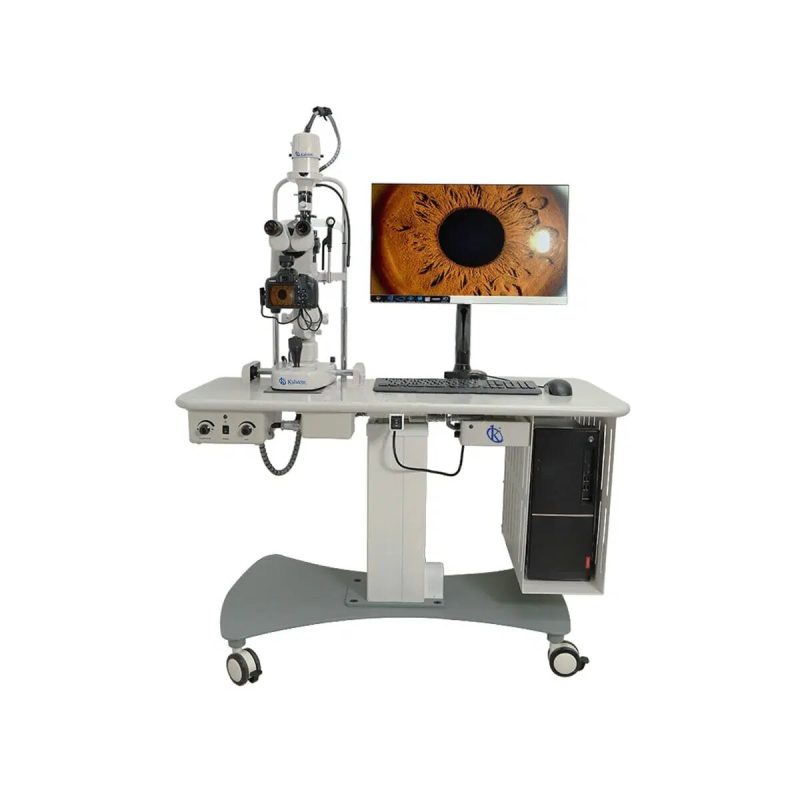
In the field of veterinary medicine, lighting is a critical aspect, especially during surgical procedures. Proper visibility can make the difference between an accurate diagnosis and a wrong one. For this reason, veterinary lamps are indispensable tools in any veterinary clinic or hospital. In this article, we will explore various aspects of veterinary lamps, placing special emphasis on the products offered by KALSTEIN.
Veterinary ICU Incubator: Critical Care and Thermal Control for Neonatal Patients
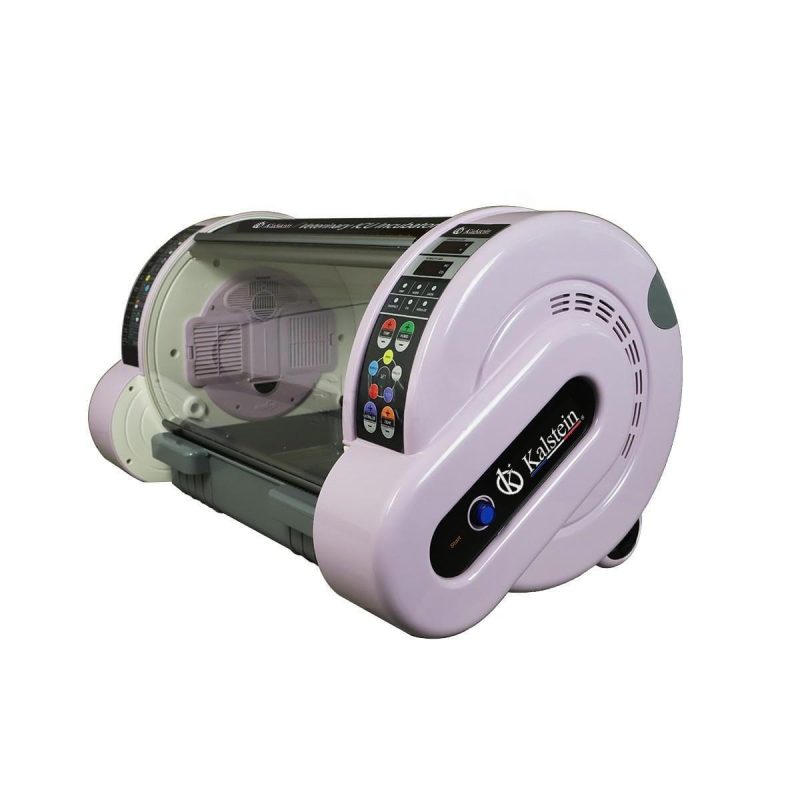
Neonatal care in veterinary medicine has significantly advanced in recent years, and one of the most essential pieces of equipment in this field is the Veterinary ICU Incubator. This tool is crucial for providing a controlled environment in terms of temperature and humidity, specifically designed for neonatal patients requiring critical care. Its innovative design, combined with advanced technology, allows newborn animals to receive the proper care needed to survive and recover from delicate medical conditions.
Veterinary CT Scanner: High-Resolution Imaging for Complex Evaluations
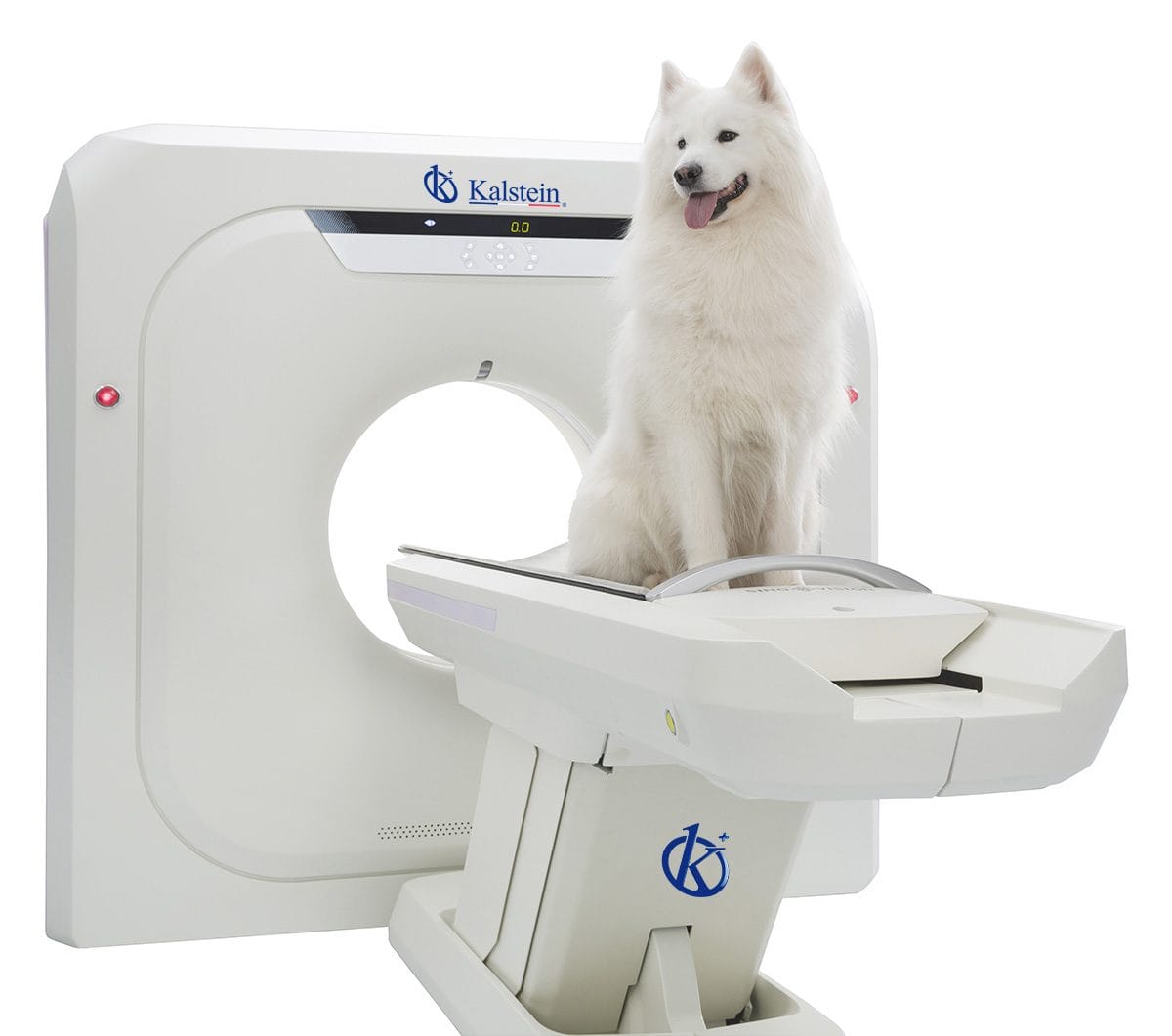
In the field of veterinary medicine, imaging diagnostics have become a fundamental tool for assessing animal health and making precise diagnoses. Among the various technologies available, the veterinary CT scanner stands out for its ability to provide high-resolution images, allowing for a more detailed and comprehensive evaluation of complex medical conditions. In this article, we will explore the features, benefits, and applications of veterinary CT scanners, with a special emphasis on the models offered by KALSTEIN.
